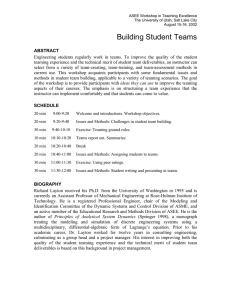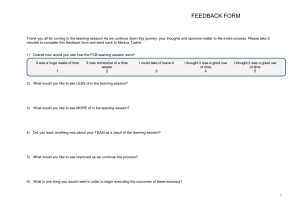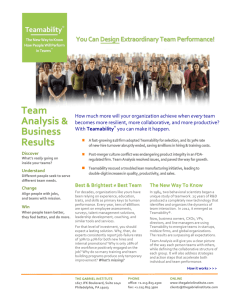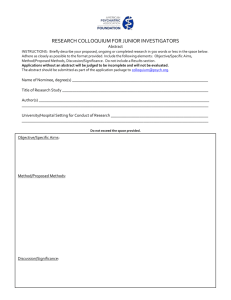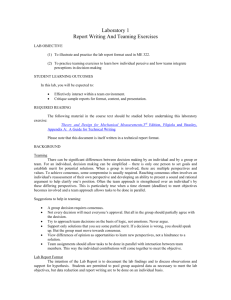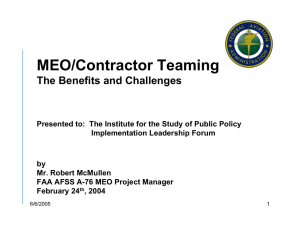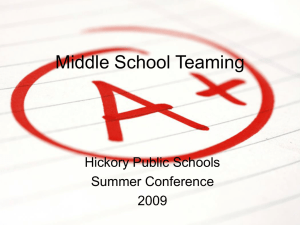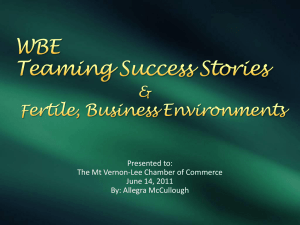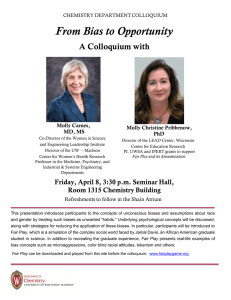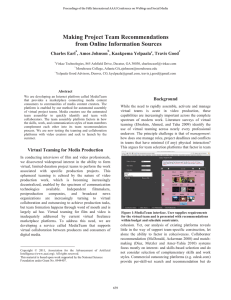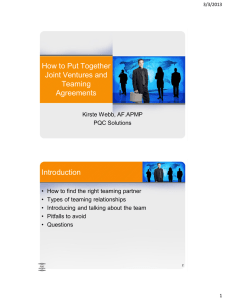Colloquium on Student Teams
advertisement
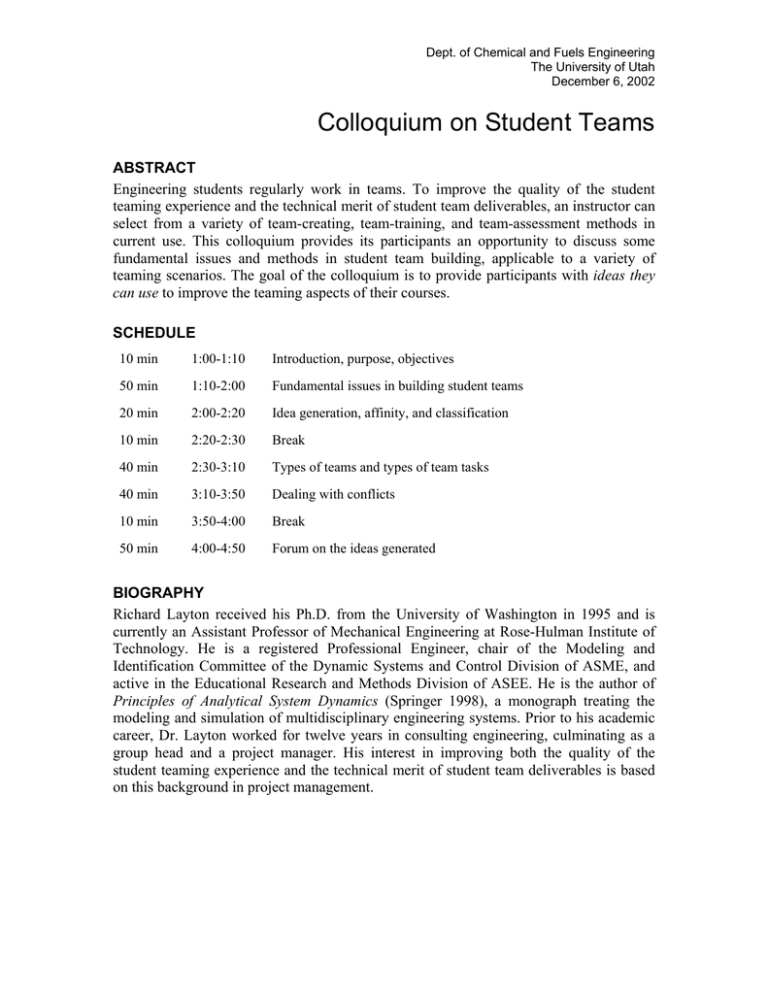
Dept. of Chemical and Fuels Engineering The University of Utah December 6, 2002 Colloquium on Student Teams ABSTRACT Engineering students regularly work in teams. To improve the quality of the student teaming experience and the technical merit of student team deliverables, an instructor can select from a variety of team-creating, team-training, and team-assessment methods in current use. This colloquium provides its participants an opportunity to discuss some fundamental issues and methods in student team building, applicable to a variety of teaming scenarios. The goal of the colloquium is to provide participants with ideas they can use to improve the teaming aspects of their courses. SCHEDULE 10 min 1:00-1:10 Introduction, purpose, objectives 50 min 1:10-2:00 Fundamental issues in building student teams 20 min 2:00-2:20 Idea generation, affinity, and classification 10 min 2:20-2:30 Break 40 min 2:30-3:10 Types of teams and types of team tasks 40 min 3:10-3:50 Dealing with conflicts 10 min 3:50-4:00 Break 50 min 4:00-4:50 Forum on the ideas generated BIOGRAPHY Richard Layton received his Ph.D. from the University of Washington in 1995 and is currently an Assistant Professor of Mechanical Engineering at Rose-Hulman Institute of Technology. He is a registered Professional Engineer, chair of the Modeling and Identification Committee of the Dynamic Systems and Control Division of ASME, and active in the Educational Research and Methods Division of ASEE. He is the author of Principles of Analytical System Dynamics (Springer 1998), a monograph treating the modeling and simulation of multidisciplinary engineering systems. Prior to his academic career, Dr. Layton worked for twelve years in consulting engineering, culminating as a group head and a project manager. His interest in improving both the quality of the student teaming experience and the technical merit of student team deliverables is based on this background in project management.
